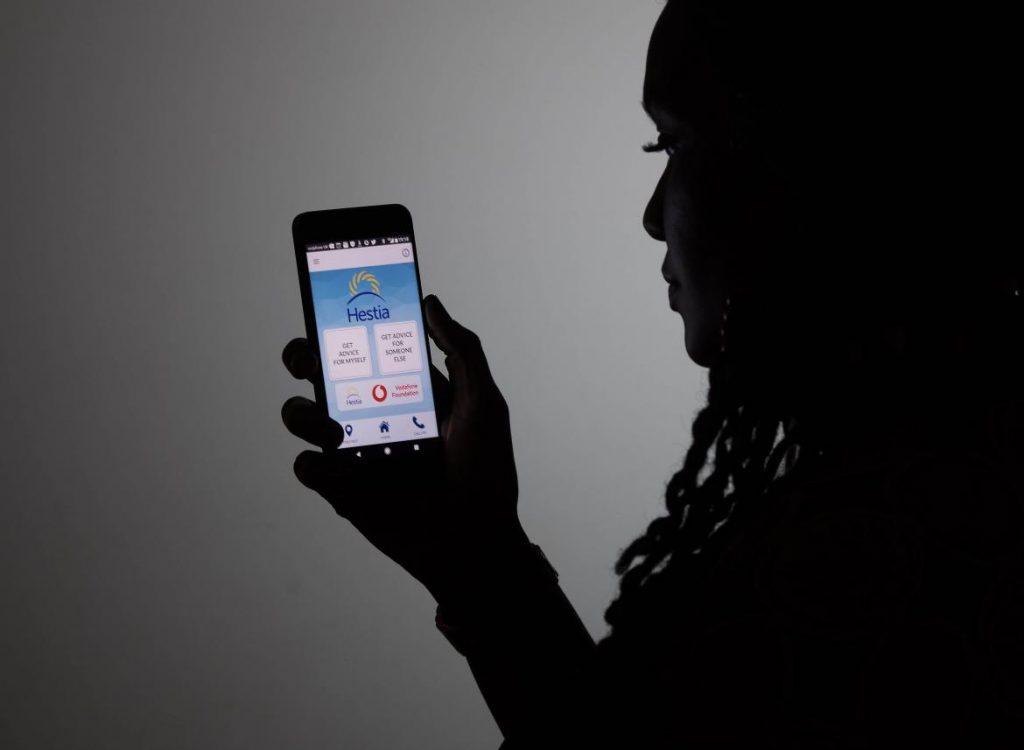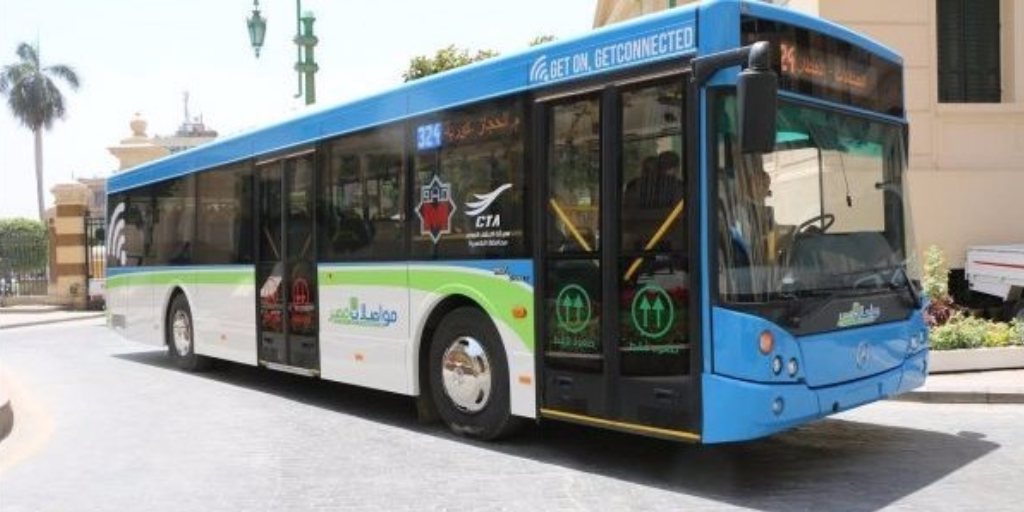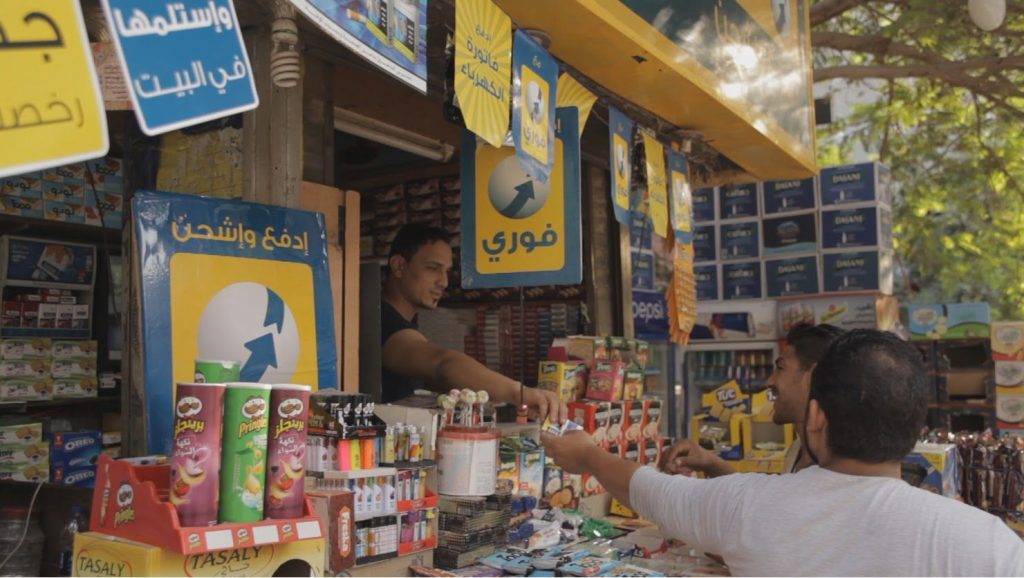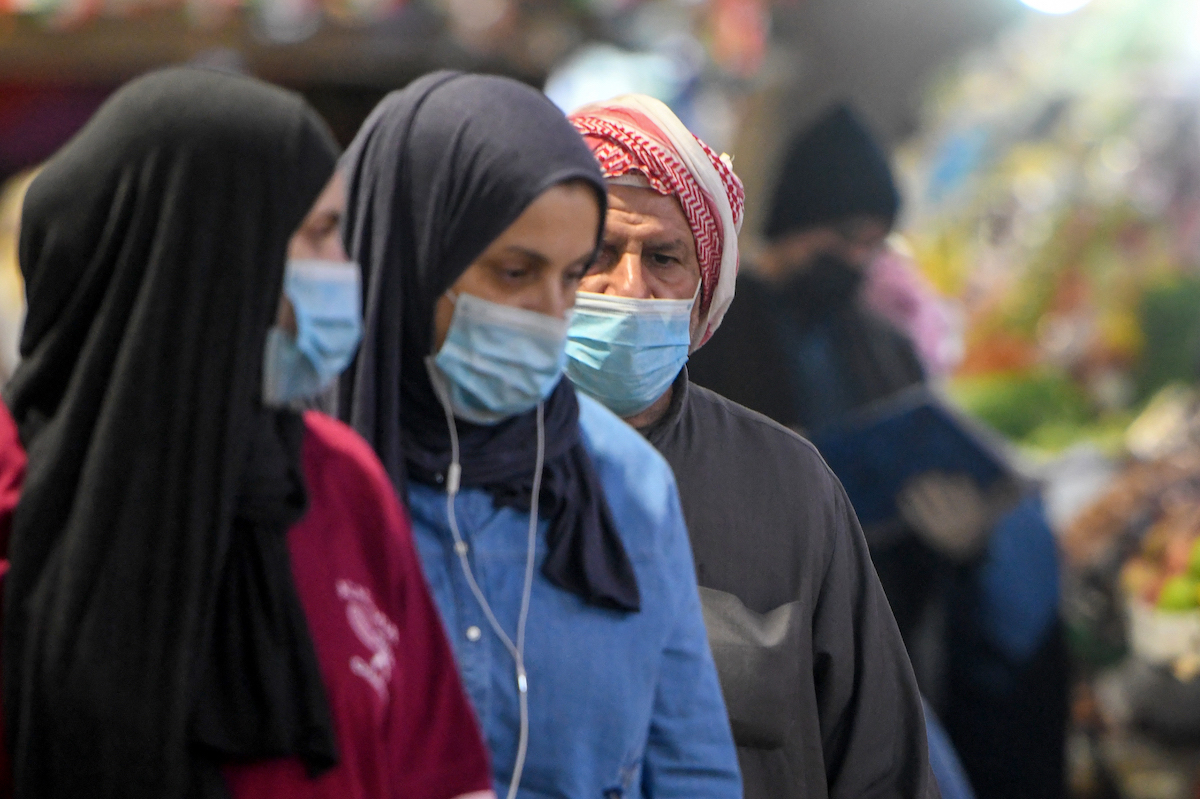
Staying home should inspire us to generate new ideas and policies to boost our economy that would be applied not only during the pandemic, but also beyond. While the majority of Egyptians still struggle with technology, more and more social media applications are now widely used by them. Staying home has shown us that many jobs can be easily done at home with the added benefit of reducing pollution and gaining the hours wasted on commuting.
At the start of the pandemic, the Egyptian government and the private sector took some positive precautions, including encouraging employees to work from home. However, the Egyptian government could do even more, such as oblige companies to provide exclusive transportation for all their employees, thus preventing them from intermingling with other commuters in public means of transportation. Moreover, since many Egyptians enjoy staying up late, enterprises can utilize this habit by organizing three or four work shifts daily, further minimizing contact, and subsequent chances of infection, amongst employees within the same firm.
One element this pandemic has highlighted is that while Egyptians can be undisciplined, the government has achieved moderate success in instilling order in the society by means of a partial curfew. Hence, the Egyptian state could implement sensible rules and regulations post-pandemic that will bring order to our society, and that could lead to an increase in productivity and allow for optimum use of time.
More than half of the Egyptian workforce is made up of the informal sector. Many of the workers might prefer this model since they do not have to comply to permanent, accountable employment positions, and whatever complications they perceive that entails. The government should work on semi-formalizing this labor force by incentivizing them to operate using a mobile application that will identify their jobs for workforce mapping. For instance, they could encourage them to use electronic payment systems wherein a percentage of their business transactions would be allocated to a pension fund to be matched by the government; this will also be a positive step towards establishing a cashless society.
It does not make any sense for a nation whose two-thirds of its population is constituted of energetic youngsters to be spending roughly one-fourth of its fiscal budget on subsidized products and solidarity funds. Subsidization in Egypt is certainly expended beyond the bounds of social solidarity – many Egyptians who benefit from the subsidized products could easily buy them at their regular price. In short, people need to learn that there is no free lunch.

Furthermore, I believe that the government should not reduce fuel prices even if the cost of fuel drops substantially; we need to use this margin to enhance our public transportation, as has been the case through the last year, with a gradual implementation of eco-friendly buses. It could also motivate more people to use public transportation and consider carpooling.
In terms of education, the Ministry of Education should redesign school and university curricula to enable students to study at home for a day or two per week, which will require harmonizing this production scheme by ensuring that their respective parents are working from home concurrently to optimize its success, thereby reducing the daily commuting cost for our 26 million students along with their parents by twenty percent at least.
Egypt is still far behind when it comes to the use of electronic payment; many retail outlets decline to carry point of sale terminals in their stores to avoid paying banking fees, which then prompts the suggestion of enforcing electronic payment by law. Furthermore, Egypt is one of a few nations that allow retail outlets and cafés located in residential areas to remain open after midnight. It makes more sense for these services to abide by circumstances similar to those of the partial curfew being implemented at the moment, perhaps allowing them to remain open relatively late only a couple of evenings a week, on a rotating basis.

We need to encourage our banks to work twelve hours a day to discourage their clients from skipping their jobs to visit their banks, a step that can be easily arranged by having bank personnel work two shifts a day. Additionally, a nation with a trade deficit averaging USD 45 billion a year should not be consuming large amounts of imported products that could be replaced by domestic alternatives; many manufacturers and new initiatives are making valiant efforts to cater for the local market needs.
Finally, we need to establish an accountable, productive society that knows how to maximize the use of knowledge and does not depend on state jobs or support. Employee evaluation also should be based on actual performance, not on the simple fact of physical presence in offices. The Egyptian state, along with business associations, must assume a leadership role in reshaping our workplaces – the current pandemic affords the best opportunity to do so.
The opinions and ideas expressed in this article are the author’s and do not necessarily reflect the views of Egyptian Streets’ editorial team. To submit an opinion article, please email [email protected].







Comment (1)
[…] Measures Egypt Should Maintain and Implement Post-Pandemic […]